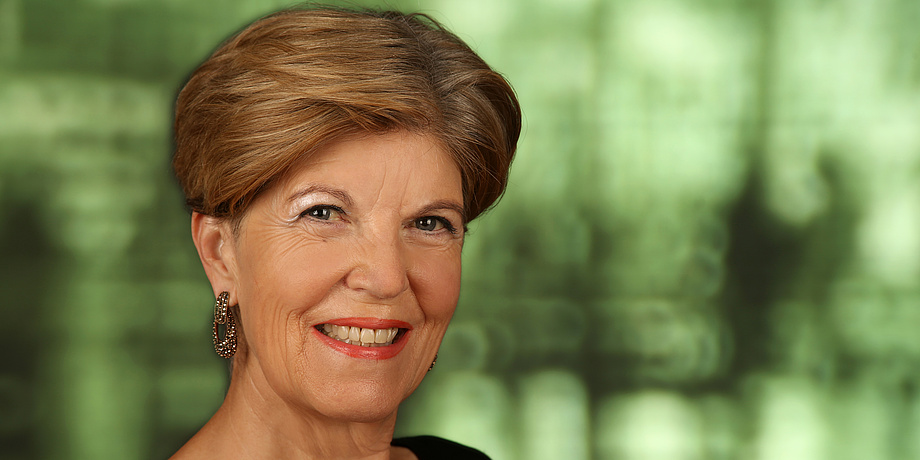News+Stories: What milestones has TU Graz passed in the last five years?
Karin Schaupp: To start with, we became the first Austrian university to appoint a Vice Rector for Communication and Change Management. This was a milestone because it has enabled the university to remain a competitive and attractive partner for the community in a rapidly changing environment. TU Graz is also now in shape to push forward its international expansion. We have concluded several strategic partnerships which are going from strength to strength – in particular our agreements with TU Darmstadt and Politecnico di Milano were milestones. The number of English-language degree programmes, which form part of the internationalisation process, is reflected in the increase in international appointments. Diversity is a key factor in permanently improving the overall quality of research and teaching.Where would you like TU Graz to be in five years, when the Council’s term in office ends?
Karin Schaupp: Five years ago, together with the Rector I outlined our goal: in ten years, TU Graz should be among the top ten European universities in its core focus areas. We are still committed to reaching this target – and I’m more optimistic than ever that we will do so. This requires a strong focus on excellence in research and teaching, and on organisational processes. Our global budget is much smaller than that of other top universities, so we have to do things the Austrian way – achieving excellent results with fewer resources.Our objective: TU Graz should be among the top ten European universities in its core focus areas.
In particular, we hope that the upcoming performance agreement improves the student-faculty ratio, which in some cases is very poor. Of course, the level of support we can offer students is a success factor, because it enables them to complete their degree as effectively as possible and unlock their potential with enthusiasm. During our term of office we will be implementing the Education 2020 strategic project – we owe it to our students because their needs are completely different to those of their predecessors a decade ago. Above all, we need to make the best possible use of the opportunities that digitalisation presents, but at the same time we shouldn’t lose sight of the requirements for social learning. The Ministry of Science has commissioned us to serve as a pilot university on digitalisation and draw up a policy for establishing a digital university. This transition will have an impact on the entire university: the way we think, how we organise our operations and how we manage knowledge. It’s not easy to leave a well-trodden path. This is why it’s essential that the change process has the support of a professional transformation management team. To get where we want to be, it will be vital to arouse the passion and enthusiasm of every single member of the university for our efforts to do something unique – and create a new identity as a modern university.Knowledge transfer – what’s known as the “third mission” – has taken on greater and greater significance in the last few years. What role is TU Graz playing in this regard?
Karin Schaupp: Universities aren’t just there to generate knowledge, they also play their part in the development of society. For decades, TU Graz has promoted a culture of cooperation with industry and business, and taken on enormous significance for the whole of southern Austria, among other areas. Regional economic development in the technology sector is unimaginable without TU Graz, and the flip side is that collaboration with businesses is imperative for TU Graz’s continued development. Our competence centres are an excellent example of this: the majority of projects in which TU Graz is participating have grown into global centres, working in cooperation with major industry partners.Universities aren’t just there to generate knowledge, they also play their part in the development of society.
What’s more, we mustn’t forget how many start-ups we’ve established. TU Graz encourages young people to set up companies and gives them the best possible support. It’s important that technical universities have partners in social and medical sciences – BioTechMed-Graz is a shining example of this. Legal and ethical regulations are lagging behind technological advances. Increasingly there’s a gap between what is feasible and what society finds acceptable. So as a university, it’s important to us that our graduates are critical citizens who not only keep an eye on technological feasibility, but also on technology’s impact on society.
